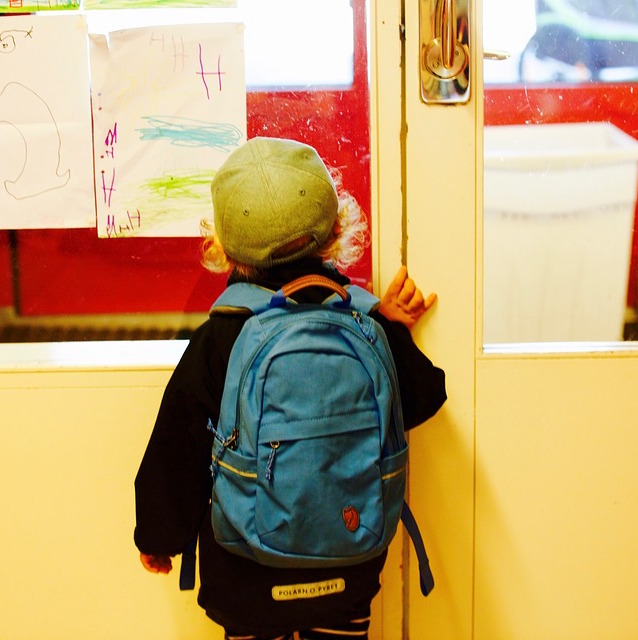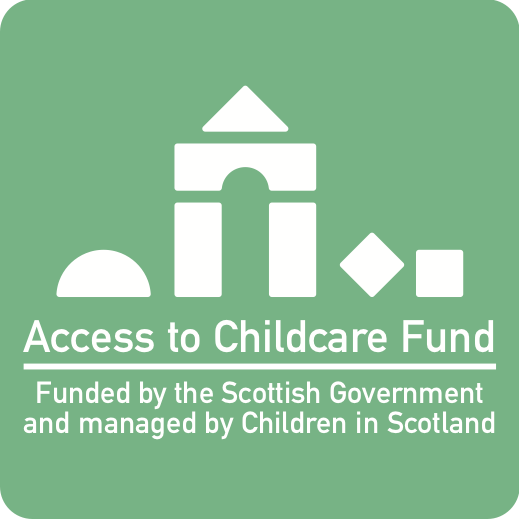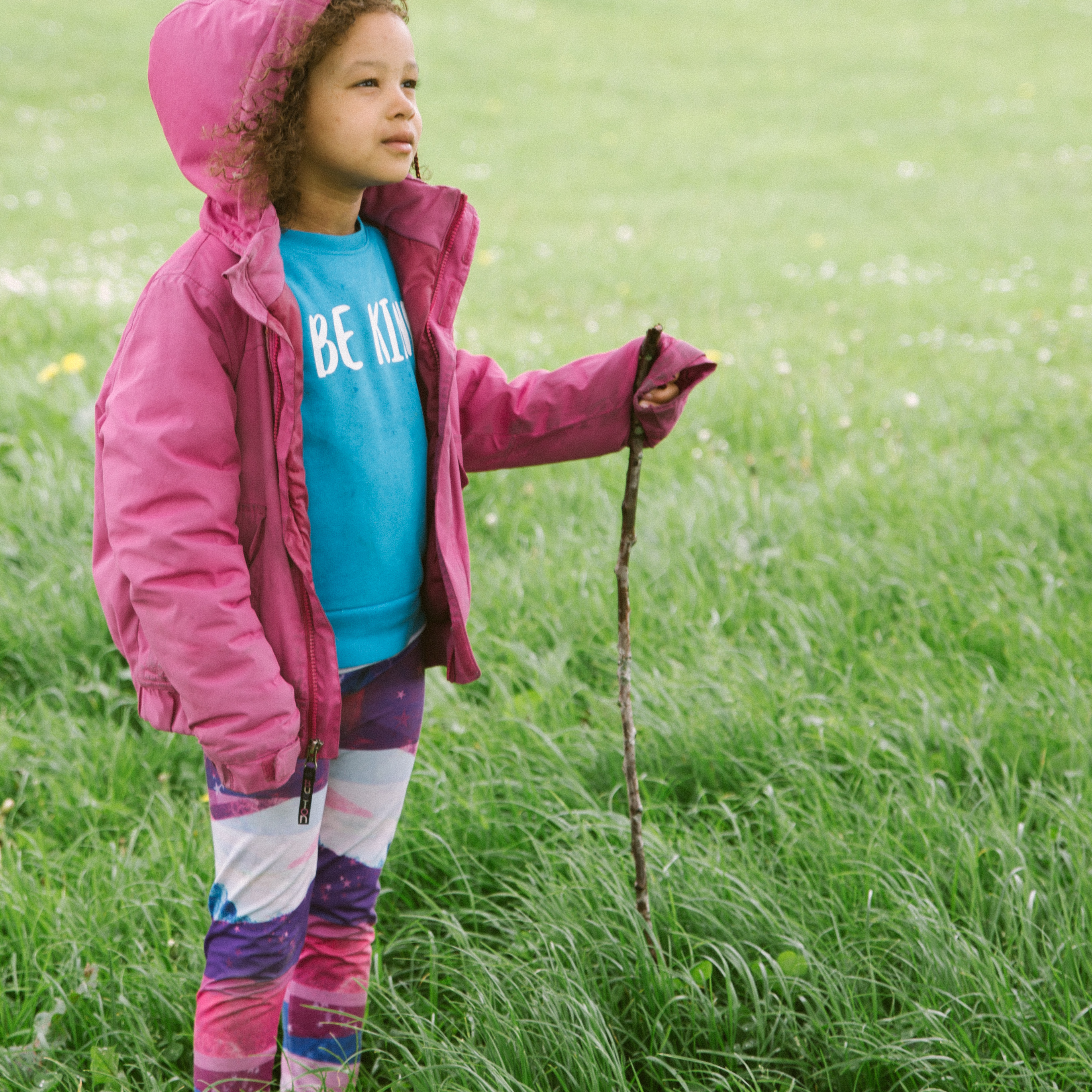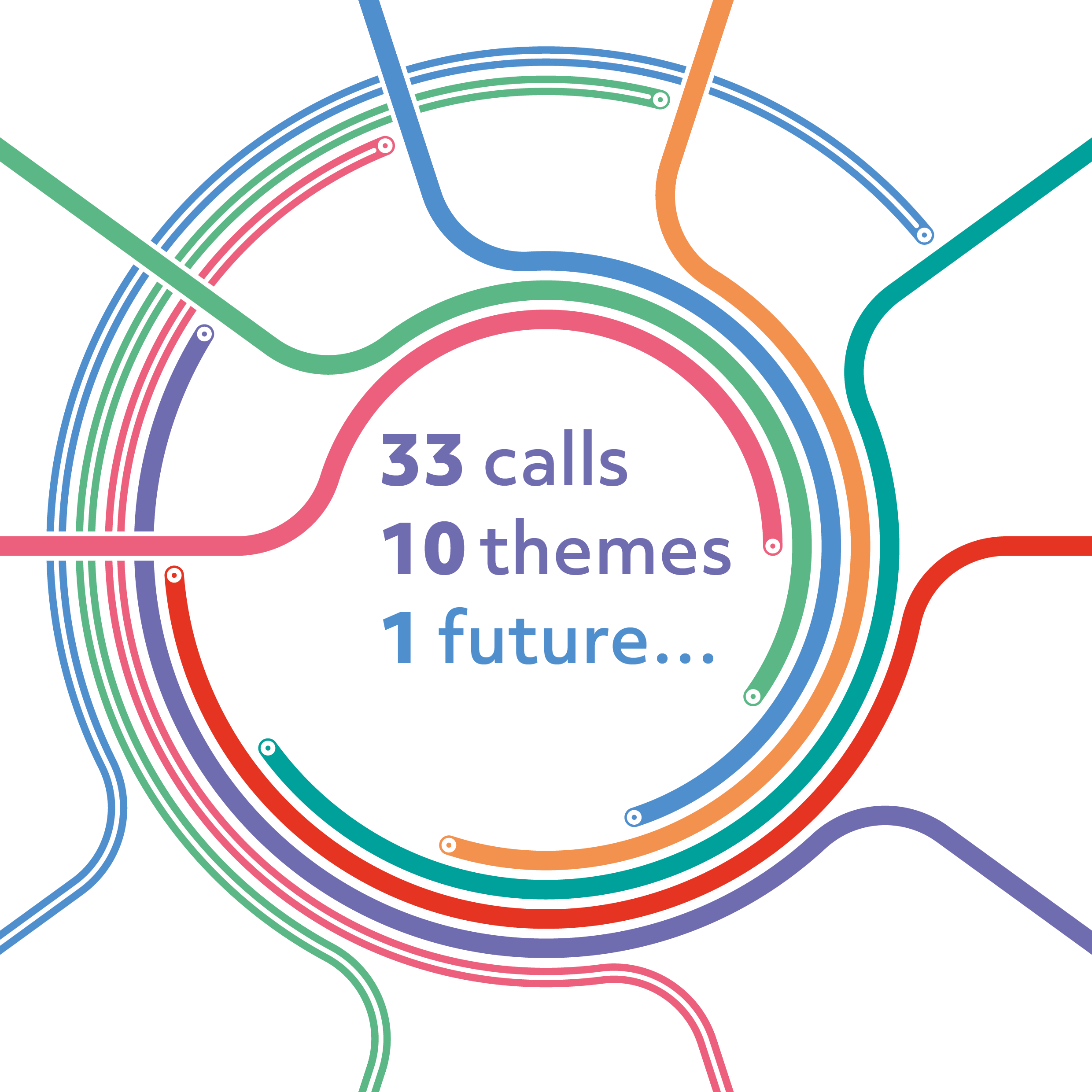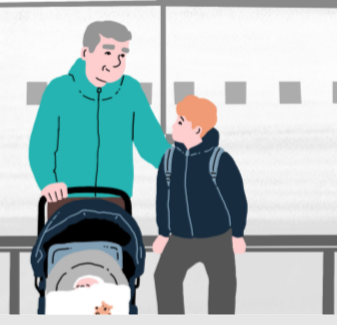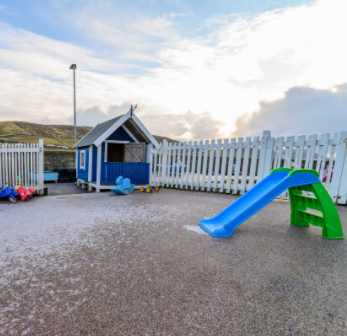8 September 2021
Children in Scotland has responded to yesterday’s publication of the Programme for Government.
Commenting on key policy areas that directly affect the lives of children and young people such as children’s rights, tackling poverty, the environment, and mental health and equalities, our Head of Policy, Projects and Participation, Amy Woodhouse, said:
Upholding children’s rights
“As highlighted in the Programme for Government 2021-22, the timeline for commencement of the UNCRC (Incorporation) (Scotland) Bill is currently uncertain as we await the judgment of the UK Supreme Court.
“However, we welcome the Scottish Government’s ongoing commitment to incorporation and the announcement of £4 million investment between now and March 2024 to support public services to uphold children’s rights is a positive step in this direction.
“Nevertheless, we believe that the financial commitment to incorporation needs to be much higher if we are to achieve our aspirations for upholding children’s rights across Scotland.
Family support
“Our members have highlighted to us that secure and stable funding is a recurring issue across the children’s sector [1] and its scarceness affects its ability to achieve positive outcomes for children and families.
“We therefore warmly welcome the £500 million investment in a Whole Family Wellbeing Fund, introduced as part of the Scottish Government’s commitment to Keep The Promise. This will bring some much needed and widely called-for investment in early, holistic support for families.
Poverty
“As members of the End Child Poverty Coalition, we have campaigned for solutions that would make a much-needed difference in tackling child poverty, and have strongly advocated for a doubling of the Scottish Child Payment as the most effective method to address the concerning increase in child poverty rates.
“We of course welcome the extension of the payment to cover children up to age 16 by the end of 2022, however we would urge the Scottish Government to act on its commitment to double the payment as quickly as possible.
“We were disappointed that this commitment was not made in this year’s Programme for Government and we strongly urge the Scottish Government to prioritise this in its upcoming budget setting.
The environment
“The environment is one of the most pressing issues facing us today and the global consequences if effective and rapid action to address climate change is not taken will be catastrophic.
“We are encouraged by the focus given to the environment in the government’s plans, involving active travel, decarbonising homes, ensuring a Just Transition and the protection of our natural environment, but cannot understate the urgency with which real and large-scale change is required.
“We welcome the commitment of the Scottish Government to become a ‘net zero nation’ and the steps outlined to achieve this. It is difficult to assess the scale of the proposed action at this stage and we ask for a clearer pathway on how the government will achieve net zero and specific targets and timescales to be laid out in the government’s next Climate Change Plan.
“We welcome the commitments to provide free bus travel to young people under the age of 22 and the explicit acknowledgement that the poorest and most vulnerable in the world have done the least to contribute to climate change (but will be the first affected) and we look forward to reading the details of the increase to the Climate Justice Fund.
“We note that there is no mention of air quality in the government’s plans, which is an unfortunate omission. We believe that air quality must be improved in the areas where children live, learn and play will continue to call for a school air quality monitoring scheme to be introduced as a first step to ensuring this.
“We know from our work how important this issue is to children and young people. Radical and sustained action must be taken to ensure that they do not pay the price for the inaction of previous generations.
Health
“We are encouraged to see more focus on the mental health of children and young people, which has been lacking in previous plans put forward by the government. We welcome the commitment to dedicate at least 10% of frontline NHS spending to mental health, but question whether this will be sufficient to address the level of unmet need that currently exists.
“The proposal to create a National Care Service could have a significant impact on the lives of children and families, and it is vital that this is well thought through and based on what children and families need.
“We are keen to amplify the views and experiences of our members in our response to the Scottish Government’s consultation on the National Care Service and we would welcome members to attend our Voices Forum event in October on this issue.
Education
“We welcome the promise to implement the recommendations of the OECD review on curriculum and assessment, but do not underestimate the scale of this task, nor the necessity for real improvements to be made across the education system.
“Children and young people’s education over the last 18 months has been badly fractured by the pandemic, and they have repeatedly told us how infrequently their voices and needs were considered in decision-making about their education and learning.
“This has to improve, not least for those with additional support needs, whose rights to additional support have been badly affectedly by lockdowns, home learning, and other restrictions.
“We therefore strongly support the Scottish Government in its commitment to fully implementing the findings of the Additional Support for Learning Review. Achieving the report’s recommendations for all children and young people who need additional support for their learning would be a significant and hugely positive step.
Equalities
“In the statement made by the First Minister, it was acknowledged that trans people are one of the most stigmatised minorities in our society and the commitment was made to ensure that the process of obtaining a gender recognition certificate is ‘less degrading, intrusive and traumatic’.
“We welcome the intention to bring forward the Gender Recognition Bill with the hopes that it will bring about a rights-based approach to this process.
“We welcome the Scottish Government’s commitment to work together with the UK Government to develop policies and practices to benefit those seeking refuge and asylum. These are more necessary than ever.
“We note the expansion of the New Scots Refugee Integration Strategy and the promise to provide an additional £500,000 to support local authorities to accommodate more unaccompanied asylum-seeking children arriving in Scotland.
“We will be monitoring the progress of this commitment and would urge the government to ensure that the needs of all people seeking asylum, such as adequate housing, mental health support, physical health and the vital opportunities to connect with others, are met.
Childcare
“Children in Scotland welcomes the commitment to school-age childcare. From our projects and services, we know that children, young people, their families, and services need childcare that is adequately supported to meet children and family needs. The barriers to access are well researched and documented; it’s time for change.
“Children in Scotland has been administering the Scottish Government’s Access to Childcare Fund since its launch in 2020. The Access to Childcare Fund has been developing the evidence base of the types of school-age childcare services that can have the biggest impact on families most likely to be experiencing poverty.
“Support for the 15 funded services (which include the Indigo Childcare Group, the site of a visit by the First Minister this week) shows:
- The funding has allowed projects to offer more places for more children, and support for their families who would previously not have been able to access childcare.
- Impact for families has included being able to move into employment, training or studying.
- Therapeutic work is taking place in collaboration with partners and places whole family support at the core of services working with children and families.
- Projects are looking at different and innovative ways of using outdoor spaces to run their services.
“The impact of the pandemic and restrictions on the childcare sector has been very significant. Over the summer demand for services has begun to return with families reporting the significance of the provision for their children, and for them.
“The funded services are testing the need to be sustainable for families whose children attend, and the service itself. This includes considering these key questions:
- Does subsidised school aged childcare support families to gain, sustain or progress in employment or learning?
- Does targeted Family Support empower families to improve their quality of life and lead to improved outcomes?
- Do working families require weekend/ holiday childcare?
- Can a referral scheme, subsidised childcare options and a family support function, support the longer-term sustainability of out of school care provision for older children and young people?
- Does flexibility of hours increase uptake?”
[1] Click here to read our members' response to funding in the children's sector



